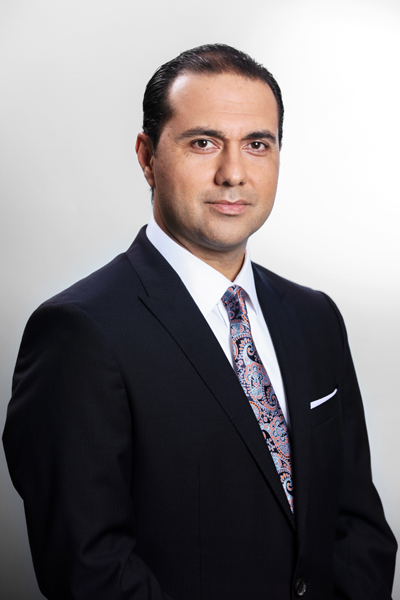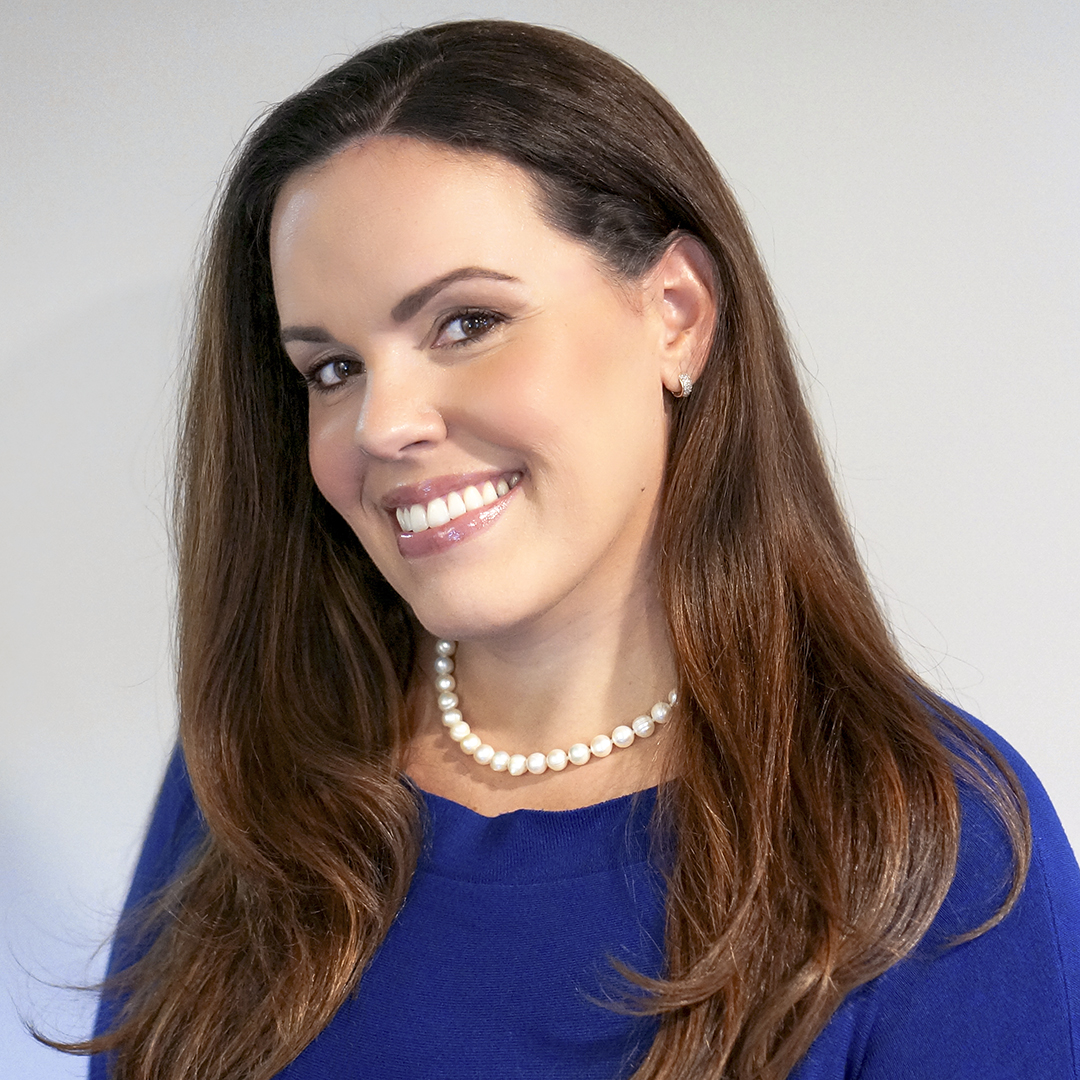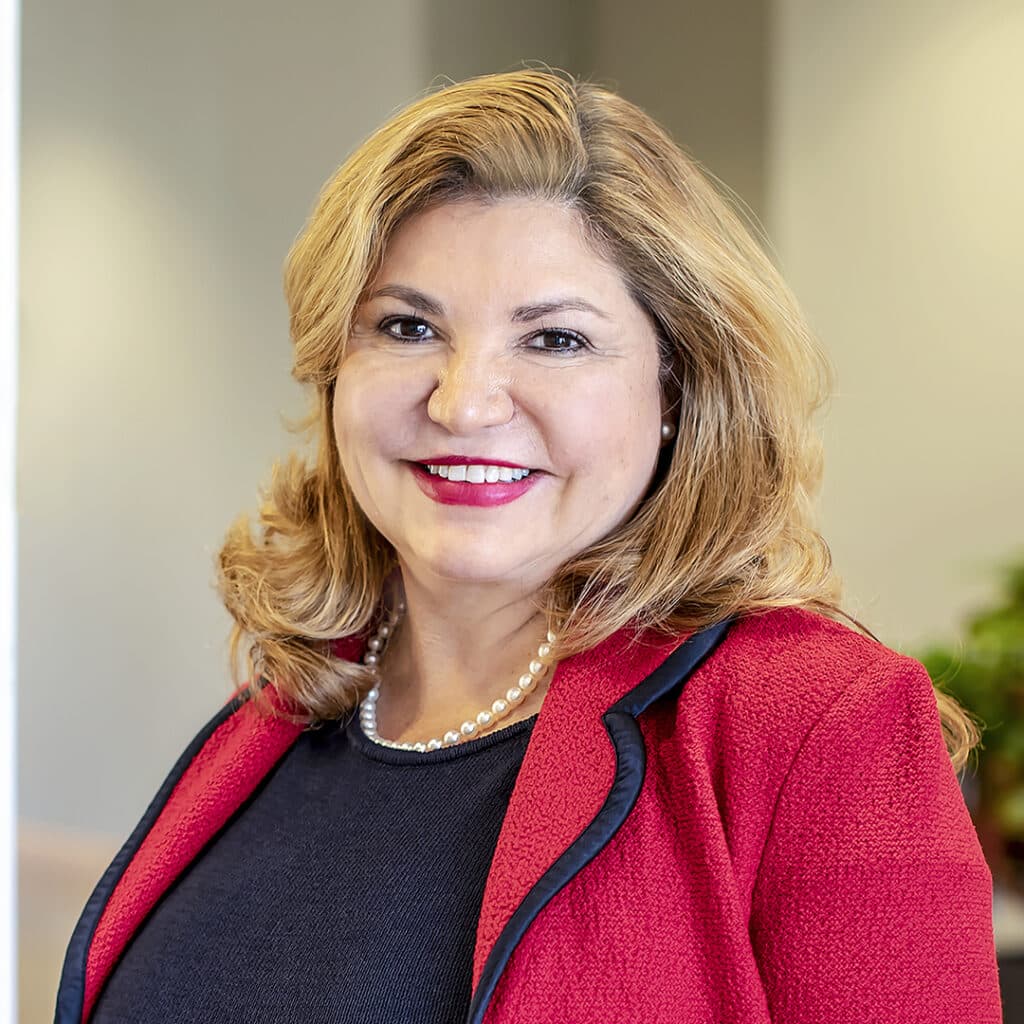|
Getting your Trinity Audio player ready...
|

Univision was founded in 1955 in San Antonio, Texas, by Emilio Nicolas and his father-in-law. The city became the cradle of Spanish-language media at a time when many schools prohibited students from speaking Spanish and it was not uncommon to see signs in store windows that said, “No dogs or Mexicans allowed.” Since then, the network has become an undisputed powerhouse that remains true to its mission to inform and empower its audiences and to provide a voice to the voiceless.
In 2010, Luis Patiño, a seasoned media professional from Los Angeles, had the opportunity to manage Univision’s San Antonio market. It was an eye-opening experience for him as he learned about the company’s history and its predecessors, La Opinion and La Prensa. The experience culminated in meeting Nicolas. Patiño was fascinated by his stories about Univision’s evolution—how Nicolas went from struggling to convince local car dealers to advertise on KWEX to expanding the network and, eventually, going on to advocate for the Latino community in Washington, DC.
“Aside from being a history buff, I was very moved by seeing the emotional connection Emilio still has to everything he accomplished,” Patiño says. “I made a commitment to ensure that people know his story of innovation, empowering a community, and advocating for them.”
As president and general manager of Univision Los Angeles, Patiño supports the founder’s legacy by continuing many of the programming priorities that have been in place since the network’s beginning. The phrase “news you can use” still helps guide content, which includes information on issues important to the local community and perspectives that other broadcasters might overlook. Everything from specifics on immigration reform to new requirements for getting a driver’s license is a part of the network’s content.
Patiño explains that there are two pillars that guide such programming under the company’s award-winning Univision Contigo empowerment platform. The first is civic engagement, which includes resources on how to become a US citizen and encourages audiences who already are citizens to vote. Univision Communications Inc. (UCI) has a strong legacy of promoting civic participation in an effort to ensure that, as Hispanics grow in numbers, their impact is felt at local and national levels.
The second pillar revolves around financial literacy and empowerment. UCI recognizes how Latinos today are a powerful and growing force in America’s economic life and how their prosperity is critical to the growth of the country. Representing one of the fastest-growing segments of the US population, Hispanic Americans own 4.2 million businesses that contribute $668 billion in revenue to the US economy. Los Angeles leads the nation and is home to 65 percent of Hispanic-owned businesses in California. What started with basic information on how to open a checking account and explaining what a 401k is has evolved into focusing on entrepreneurship. Univision develops content for both existing small business owners—like how to write a business plan, scale a business, or gain access to needed capital—and entrepreneurs.
These efforts are supported with on-air programming and through fairs and seminars that are presented in the community. POSiBLE L.A. is one such example. In 2017, the event provided thirty-eight workshops, thirteen speakers, and access to more than sixty organizations to more than five thousand attendees.
In addition to maintaining the company’s legacy, Patiño must also adapt to a new environment and new generations of viewers. He points out that a large portion of Univision’s audience includes, what he calls, “the 200 percent.” They are like his children—younger citizens who are both fully American and Latino. They live in both worlds, speak English and Spanish fluently, and have viewing habits that are guided by an acute sense of what they consider to be high-quality content.
“We have to adapt to younger audiences who choose not only what but also when and where they watch and listen to media,” Patiño explains. “We also have to strike a balance and continue to serve the tastes of all of our audience, who have demonstrated incredible loyalty and trust in us.”
That claim is borne out by studies that asked Hispanics what television shows they watch. A significant portion of respondents answered by naming Univision rather than individual programs. Other research revealed that approximately 85 percent of Hispanics surveyed exclusively watched Univision.
All of this comes at a time when Hispanics have been in the spotlight—both positively and negatively—on the political stage. Patiño is quick to say that this is part of an ongoing evolution that is independent of the party in power or any particular administration.
“For a long time, people in power have been aware of how large the Hispanic community is,” he says. “It’s only recently, though, that the we presented a powerful enough voting block that they feel the need to really pay attention to us.”
It’s a wave that will continue to grow. In fact, 65 percent of all eligible Latino voters are currently under forty-four years old.
A Los Angeles native, Patiño has the opportunity and the challenge to inform, empower, and entertain his hometown. With a population that is 50 percent Latino—including the largest concentration of Mexicans outside of Mexico City—it’s a critical market for Univision.
The city also represents the convergence of technology, Hispanic media, entertainers, and the community’s most prominent social media influencers. It also carries a tradition of many strong Latino civic and business leaders.
Patiño recognizes the stakes that all of these factors present, but he approaches the challenges on a very human level. He notes that maintaining the company’s mission also means addressing issues that are universal: healthcare, education, affordable housing, and financial empowerment.
“My experience has taught me that you can never go wrong by staying true to your core,” Patiño says. “We should never be afraid to keep advocating for our community and never stop being a voice for the voiceless. That’s what they need from us. That’s why we exist.”

